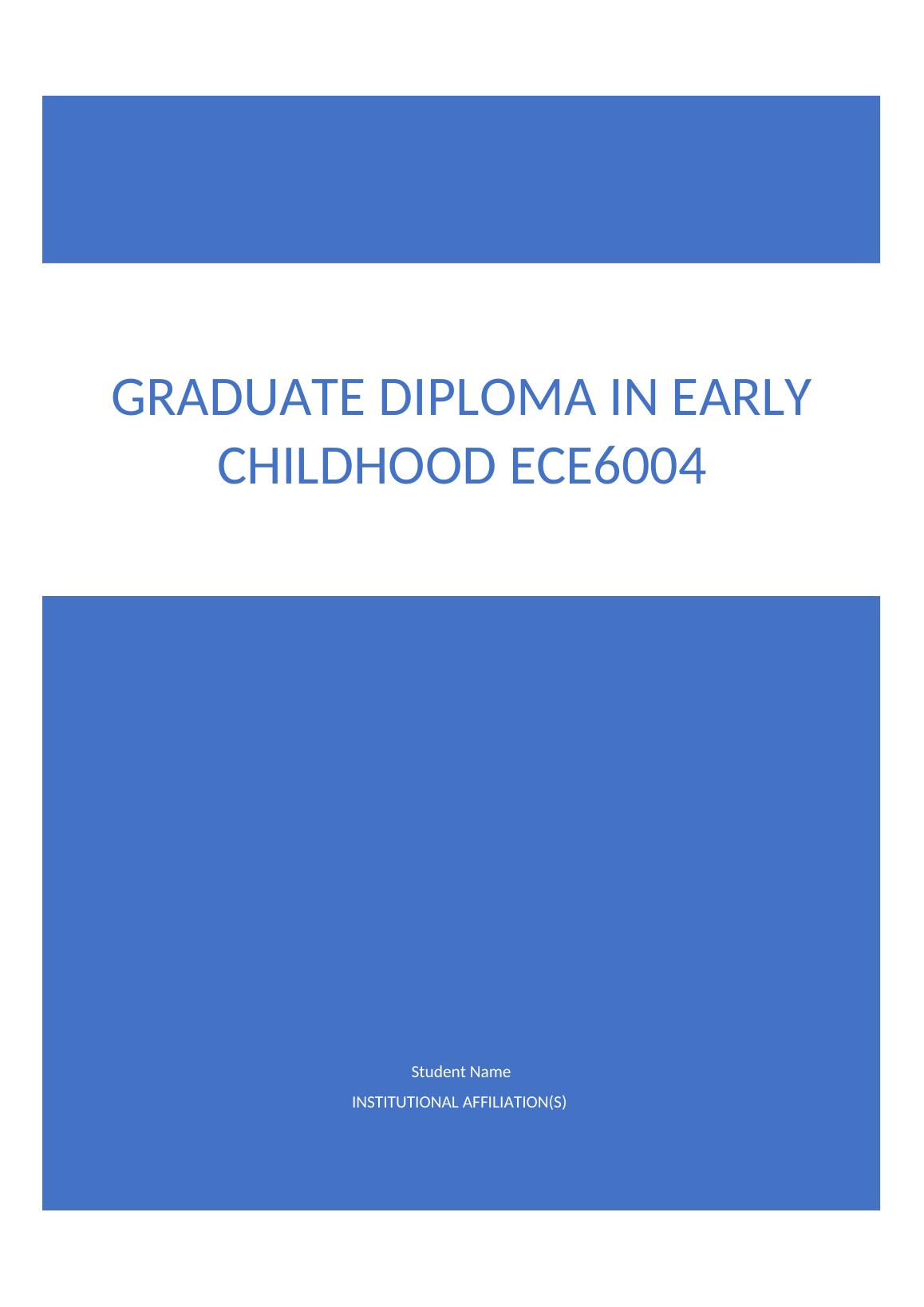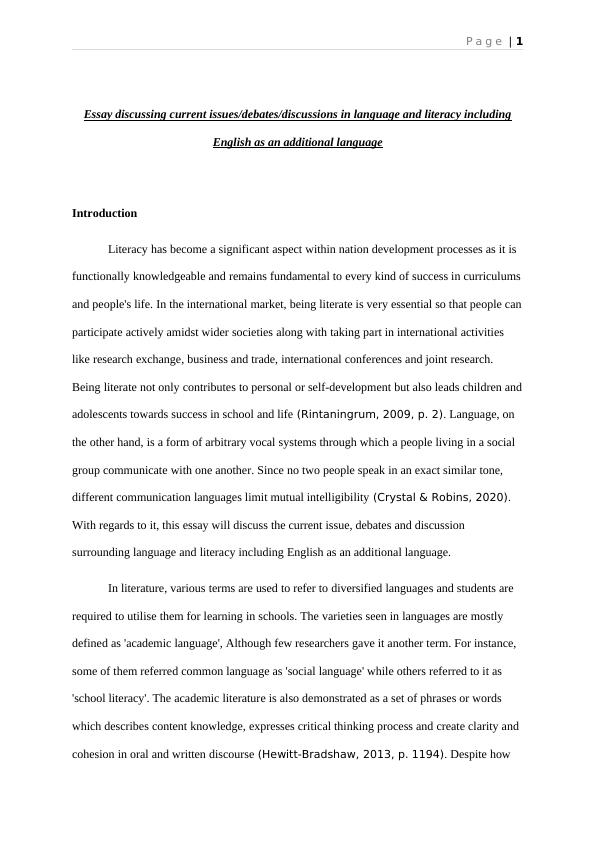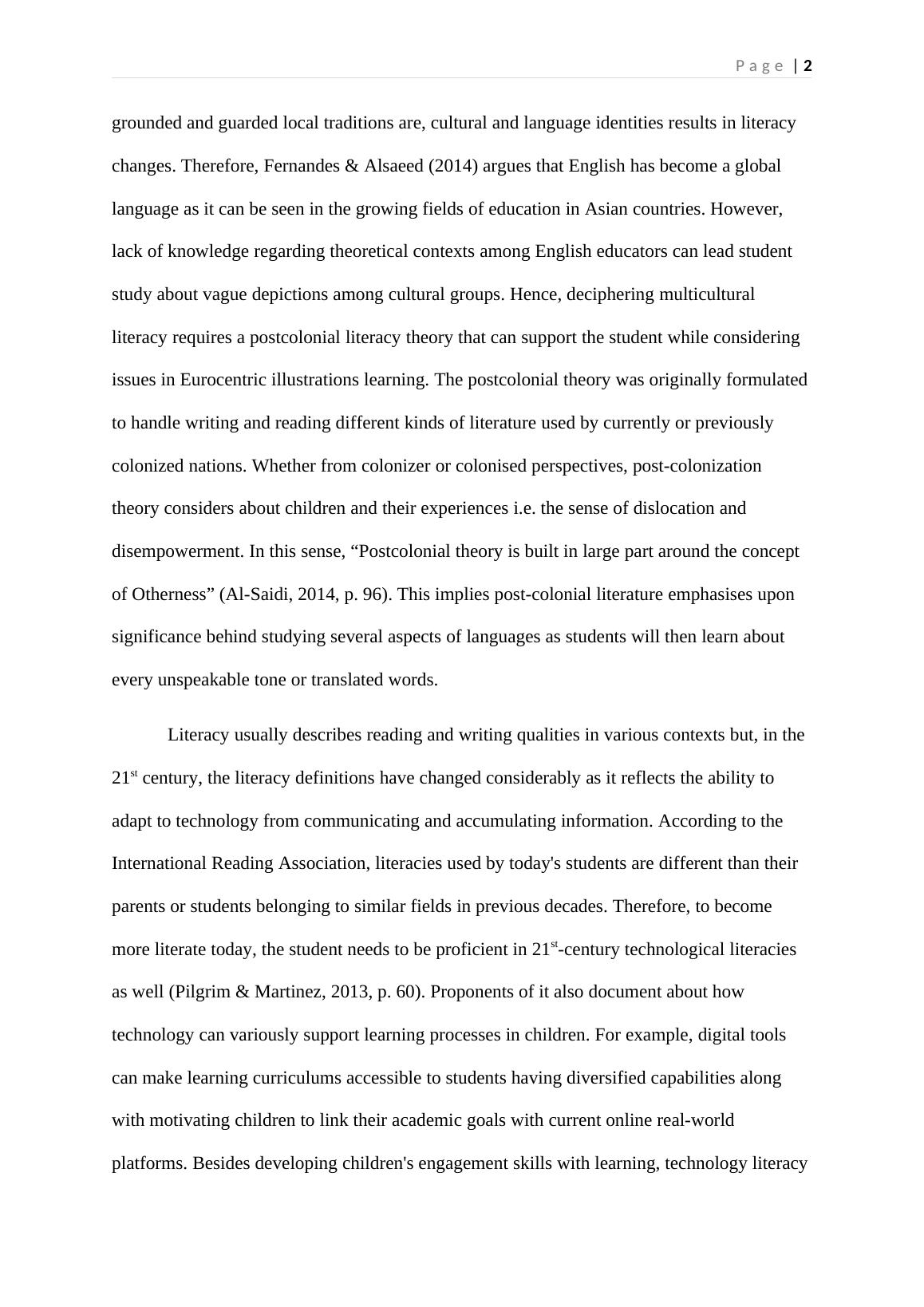Introduction to Literacy in Early Childhood ECE6004
Added on 2022-07-28
About This Document
OVERVIEW Write an essay discussing current issues/debates/discussions in language and literacy including English as an additional language. LENGTH 1500 words equivalent Due Week 8, Midnight Sunday DETAILS After completing the first two modules of learning, write an essay which discusses the current issues/debates/discussions in language and literacy learning, including English as an additional language. This essay must be supported by references and include content from Modules 1 and 2. Follow the steps below: INSTRUCTIONS Make a list of the current issues and discussions in language and literacy learning from Modules 1 and 2. Perhaps complete a concept map as a plan for the essay to identify how these are related. Make yourself familiar with the assessment rubric (found in the assessment dropbox link). Refer back to these criteria during this process. Begin sketching out a plan for your essay. This can take many forms. See the example below for ideas: Introduction to language
Introduction to Literacy in Early Childhood ECE6004
Added on 2022-07-28
End of preview
Want to access all the pages? Upload your documents or become a member.



